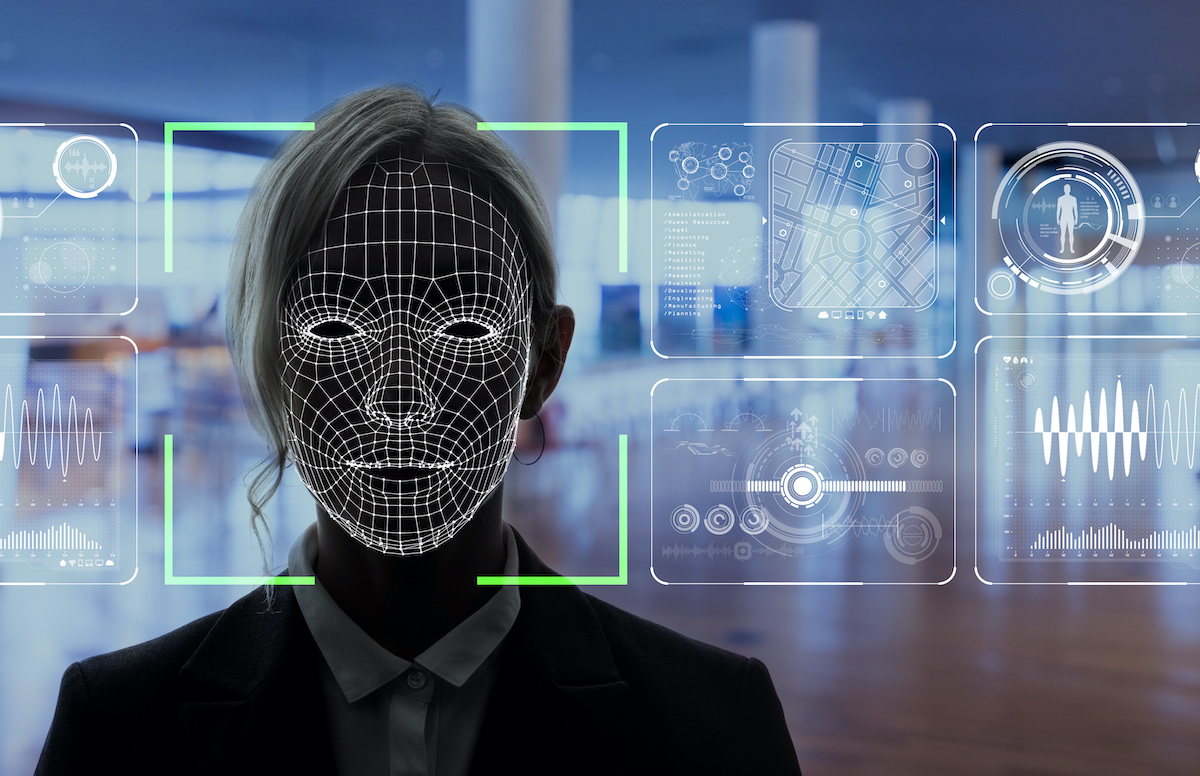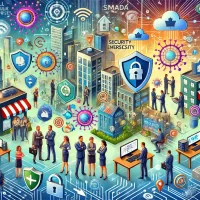Cybersecurity is an incredibly complex industry. With every passing month, online threats evolve and proliferate, forcing cybersecurity specialists to constantly keep their skills up to date. And that’s not just technical skills—it’s increasingly clear that, in order to succeed, cybersecurity specialists can also benefit from more diverse skillsets, including the ability to think outside the proverbial box.
Take Daniel Clayton, vice president of global services at Bitdefender, who views the cyber battlespace as an international theater without borders. Understanding other cultures and languages can help cybersecurity professionals like Clayton better put themselves in the shoes of an attacker. If they can understand those attackers’ motivations and methods, they can better anticipate what might happen next.
“Analytical thinking is key to understanding how we will be attacked, what those attacks might look like and how we can put controls and capabilities in place to thwart them,” he said. “Adversaries come from all walks-of-life, occupations and skill diversities, and that means security teams should be made up of an equally diverse group of individuals who don’t necessarily fit the cyber stereotype.”
Clayton has worked as an interpreter, an analyst, an interrogator, and an intelligence report writer, building security and intelligence operations on both sides of the Atlantic and in both hemispheres. He has lived, worked and studied in countries all over the world, including Russia, Germany and Afghanistan.
“We live in an increasingly global world so breadth of experience that we gather, opens our minds to different approaches to handle various situations and environments,” he said. “My own experiences in diverse roles [have] given me a stronger capacity to seek out and identify attributes within individuals that when brought together form highly effective cybersecurity teams.”
“Each day there seems to be innovations or new platforms that makes our lives better, easier or more convenient; but each also brings a new set of risks that offset the rewards,” he said. “It’s is clear that these risks have to be managed, but it is challenging keep up with the disruptive nature of IT, never mind taking on the responsibility of securing it. There is no end to the different disciplines, skillsets and traits being harnessed to secure networks and infrastructure.”
Language and Culture
Other activities, even if they seem to have nothing to do with cybersecurity, can nonetheless show that cybersecurity candidates have the mindset to succeed at defending systems. “Crafting beer requires some of the same brainstorming, pattern-detecting and interpretation skills a security analyst uses to comb through logs; planning your backyard project or a four-course meal requires evaluation and decision-making just like configuration management and domain hygiene,” he said.
Most important, though, is the desire to be a life-long learner. “Some of the best nation-state coders, operatives, and ethical hackers deliberately decide to never settle and seek ways to test and verify their skillsets, always pushing themselves,” Knode said. “They are hungry, whether at a poker table or on a mountain hike, they embrace a challenge to their limits. Call it a skill or an attitude, it’s inherent and critical to a successful cybersecurity career.”








